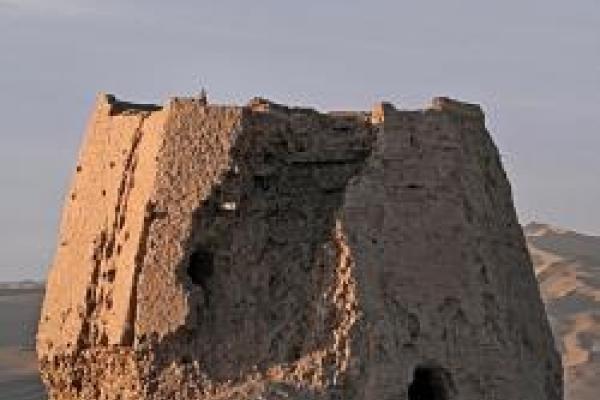
Institute for Chinese Studies presents the "Global and Transnational Experiences" Lecture Series
Flyer: ![]() ShaoyunYangFlyer.pdf
ShaoyunYangFlyer.pdf
Abstract:
This talk takes a step toward filling the present gap in historical scholarship on environmental determinism in pre-modern Chinese thought, by tracing the earliest evidence of ideas of environmental determinism and explaining how they later came to be linked to arguments about the purported moral inferiority of the “barbarians,” first in the Han dynasty and again in the Tang. I build on Yuri Pines’s argument that “an idea of the barbarians’ inborn or strictly environmentally determined savagery” was a product of the unified Chinese empires and more specifically, of the second such empire, the Han. However, I also propose an alternative to Pines’s contention that the idea arose due to a new Chinese perception of the nomadic peoples of the northern steppe, particularly the Xiongnu, as unassimilable and therefore absolutely Other, unlike other “barbarian” groups that the Chinese had previously absorbed successfully. Instead, I argue that Han and Tang discourses of barbarian moral inferiority, otherness, and unassimilability, of which notions of environmental determinism formed a part, were rooted in a tradition of anti-expansionist rhetoric deployed by officials who saw constant warfare against foreign polities as a threat to the stability of the Chinese state. The fact that the Han and Tang empires’ “barbarian” enemies were often steppe nomads is incidental, not essential, to the existence of such rhetoric.
Bio:
Shao-yun Yang is an Assistant Professor of History at Denison University. He received his MA from the National University of Singapore and his PhD from the University of California, Berkeley. He usually works on the intellectual and cultural history of medieval China, broadly defined as 300-1500 CE, but occasionally makes forays into slightly earlier or later periods. He is particularly interested in Chinese interactions with ethnic, cultural, and religious "others" and the ways in which these "others" were used to express ideas about identity and morality in political, philosophical, polemical, and ethnographic texts.
